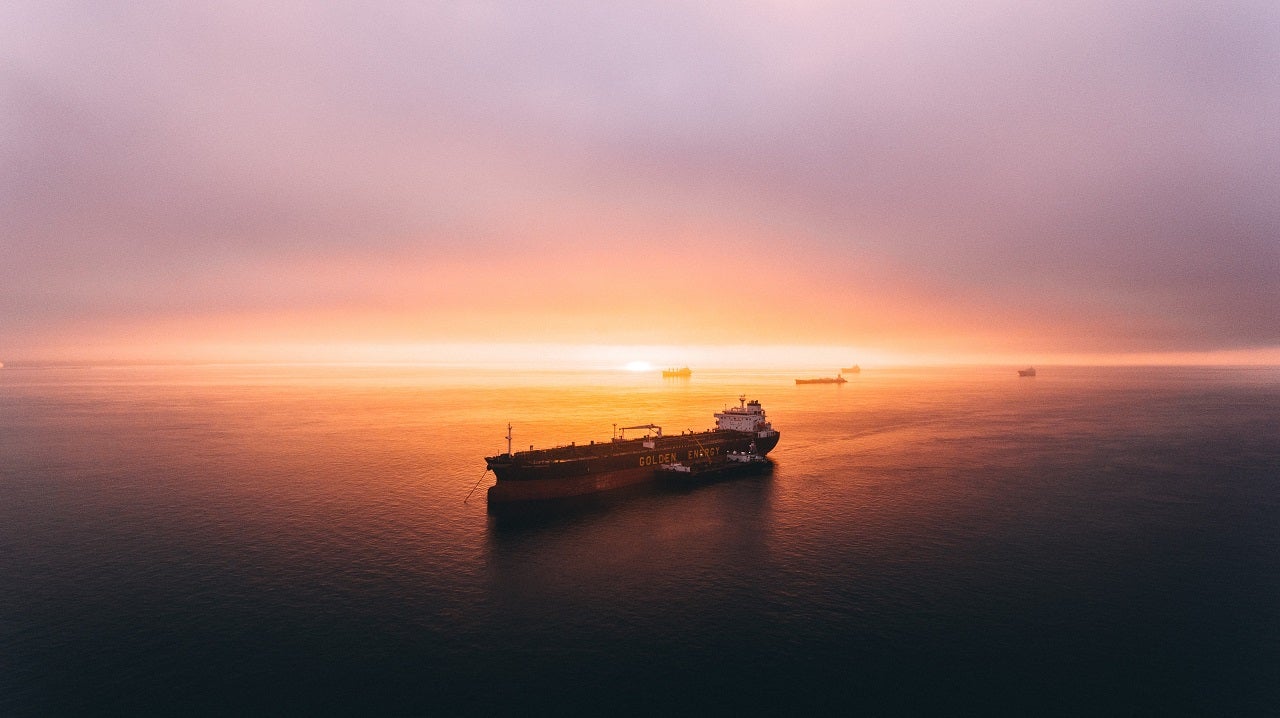
US-based fully integrated shipowner-operator Eagle Bulk Shipping has announced that it has become a signatory to the Sea Cargo Charter.
Launched in October, the Charter provides a global framework for aligning chartering undertakings with responsible environmental conduct to promote international shipping’s decarbonisation.
Furthermore, the Charter is consistent with the International Maritime Organization’s (IMO) ambition to reduce greenhouse gas (GHG) emissions by at least 50% by 2050 compared with 2008 levels.
Eagle Bulk CEO Gary Vogel said: “In a continuation of our efforts to help drive transparency to emissions reporting and decarbonisation within shipping, we are excited to join the Sea Cargo Charter.
“We believe the Charter, along with other global green initiatives we are involved with, including Poseidon Principles and the Getting to Zero Coalition, will help our industry reach IMO 2030 and IMO 2050 emissions reduction targets.
“At Eagle, we continue to execute on both strategic and operational efficiency initiatives in order to improve our carbon footprint, such as fleet renewal, installing energy saving devices, applying low-friction hull coatings, and leveraging data to optimise voyage execution.”
How well do you really know your competitors?
Access the most comprehensive Company Profiles on the market, powered by GlobalData. Save hours of research. Gain competitive edge.

Thank you!
Your download email will arrive shortly
Not ready to buy yet? Download a free sample
We are confident about the unique quality of our Company Profiles. However, we want you to make the most beneficial decision for your business, so we offer a free sample that you can download by submitting the below form
By GlobalDataOn 16 December, Eagle Bulk Shipping announced the $16m acquisition of a 2015-built SDARI-64 scrubber-fitted Ultramax bulk carrier.
The ship was built at Chengxi Shipyard and is expected to be delivered during the first quarter of 2021.
The company said that the vessel will be renamed as M/V Oslo Eagle.
After this acquisition, the company’s fleet stands at a total of 48 ships, including 21 Ultramaxes acquired over the past few years.



